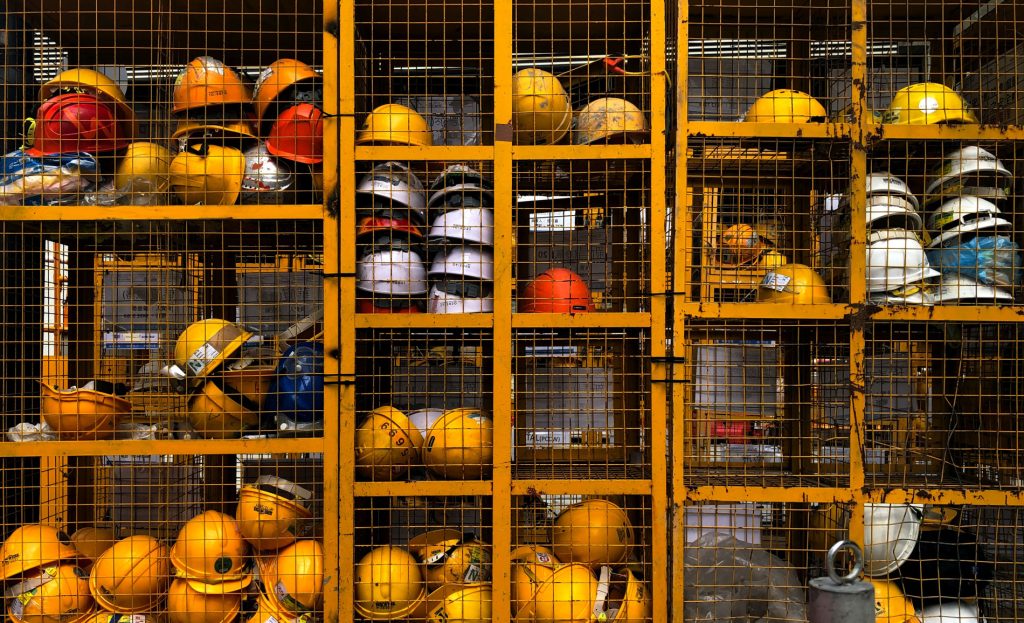Ensuring safety in heavy industry
Safety is of paramount importance in heavy industries across the globe. In New South Wales, where heavy industry plays a significant role in the economy, strict safety regulations and requirements are in place to protect workers, the environment, and the surrounding communities. Some of the key safety requirements that heavy industries must adhere to in NSW, to ensure the well-being of all stakeholders involved include:
Occupational Health and Safety (OHS) Legislation:
In NSW, heavy industries are governed by the Work Health and Safety Act 2011 (WHS Act) and the Work Health and Safety Regulation 2017 (WHS Regulation). These legislative frameworks provide the overarching guidelines for ensuring the safety of workers and others affected by the industry’s activities. It is mandatory for heavy industries to comply with these regulations and take appropriate measures to prevent workplace accidents, injuries, and illnesses.
Risk Assessment and Management:
Identifying and managing risks is crucial in heavy industry operations. Companies are required to conduct thorough risk assessments to identify potential hazards and implement control measures to mitigate or eliminate them. This includes providing adequate personal protective equipment (PPE), implementing engineering controls, and establishing emergency response plans. Regular review and update of risk assessments are necessary to adapt to changing circumstances.
Safe Work Method Statements (SWMS):
A SWMS is a documented process that outlines the high-risk activities involved in a particular task and provides instructions on how to carry them out safely. Heavy industries in NSW must develop SWMS for all high-risk work activities and ensure that workers are familiar with and follow these statements. SWMS helps workers understand the hazards associated with their tasks, the necessary precautions to be taken, and the steps to mitigate risks effectively.
Training and Competency:
Employers have a responsibility to provide adequate training to their workers to ensure they have the necessary knowledge and skills to perform their duties safely. Heavy industries in NSW must ensure that employees receive proper training on work procedures, machinery operation, hazard identification, emergency response protocols, and the proper use of safety equipment. Regular refresher courses and competency assessments should be conducted to maintain a high level of safety awareness.
Incident Reporting and Investigation:
In the event of any workplace incident, heavy industry companies are obligated to report it to the relevant authorities. Incident reporting helps identify trends and areas for improvement to prevent future accidents. Furthermore, conducting thorough investigations into incidents can help determine the root causes, implement corrective actions, and prevent similar occurrences. Timely reporting and investigation foster a culture of transparency and continuous improvement in heavy industries.
Worksite Inspections and Audits:
Worksite inspections and audits are essential to ensure ongoing compliance with safety requirements. NSW regulatory bodies, such as SafeWork NSW, conduct regular inspections to assess workplaces’ adherence to safety standards. Additionally, companies should conduct their internal audits to identify any shortcomings and proactively address them. Regular inspections and audits help maintain a safe working environment and prevent potential hazards from escalating.
Safety is non-negotiable and organisations have a duty to maintain a strong commitment to ensuring the well-being of workers and communities. By adhering to strict safety regulations, conducting risk assessments, providing training, and fostering a culture of continuous improvement, heavy industries can mitigate risks, prevent accidents, and create a safe working environment for all.
ARE YOU LOOKING FOR STAFF IN THE HUNTER VALLEY NEWCASTLE REGION?
ASR Recruitment is a boutique recruitment agency specialising in Human Resources recruitment, Engineering recruitment, IT & Technology recruitment, Business Support recruitment, Marketing & Communications recruitment, Accounting & Finance recruitment and Construction recruitment.
Find out more by visiting our Clients page!
Looking for a new Role Search Jobs here.
From our blog
Read our articles below to see our latest insights.









